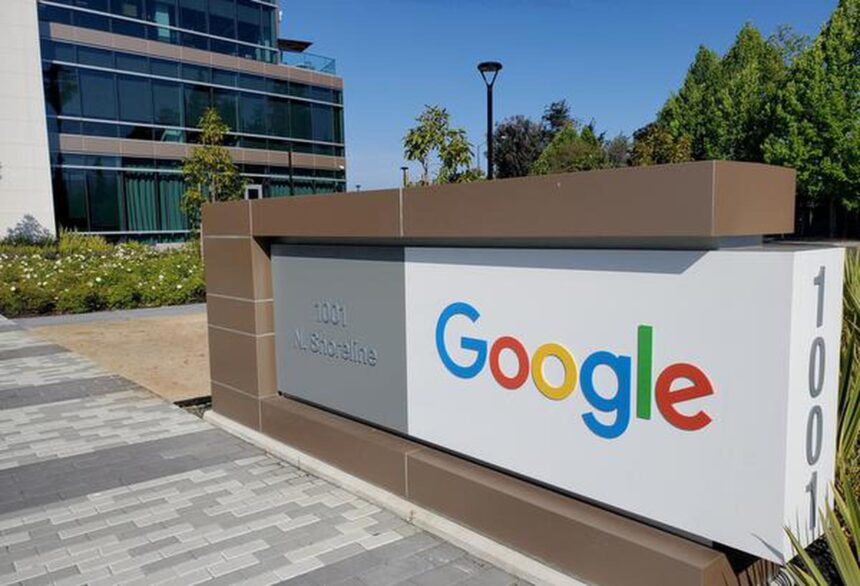In a historic move, Google has agreed to pay Rs 20.24 crore into Android TV Market to settle a long-standing investigation by the Competition Commission of India (CCI) into its Android TV market practices. This case that has garnered huge interest in the tech and regulatory world alleges that Google, by enforcing restrictive agreements on original equipment manufacturers (OEMs), had abused its dominant position in the Android TV market. The settlement under India’s new competition laws is likely to have a significant impact on smart TV manufacturers and consumers alike.
Background: The Genesis of the Android TV Market Probe
The investigation traces back to market practices in the Android TV market in 2020 when complaints were filed against Google LLC, Google India, Xiaomi Technology India, and TCL India.
It was alleged that Google had conspired with its partners to impose restrictive conditions on the OEMs: bundling of the Google Play Store with the Android TV operating system was made mandatory and OEMs were barred from using or creating rival forked Android versions through anti-fragmentation agreements.
The full investigation was warranted by the CCI, which found the Android Smart TV operating system had been positioned dominantly in the market for licensing smart TV device operating systems in India while the Google Play Store had been positioned dominantly in the market for app stores for Android Smart TV OS in India.
CCI’s Findings: Dominance and Restrictive Agreements
It was found by the CCI inquiry that Google’s agreements, which particularly included the Television App Distribution Agreement (TADA) and the Android Compatibility Commitments (ACC), actually imposed unreasonable conditions upon OEMs.
By requiring pre-installation of the full app bundle of Google (Google TV Services), these agreements restricted OEMs in the development or use of Android forks, adversely affecting innovation in the Android TV Market.
The CCI said that these ways had obstructed market access, limited competition, and imposed unrelated obligations onto OEMs in violation of Section 4 of the Competition Act. The acts were further seen by the regulator as chilling innovations and competition in a growing smart TV industry in India.
Settlement Terms: Google’s Commitments and Regulatory Changes
Under the settlement, Google will pay Rs 20.24 crore and will consequently make a vast change to Android TV market practices. Google’s proposal under Section 48A (3) of the Competition Act, 2002, and Section 6 of CCI Settlement Regulations, 2024, was accepted by the CCI. It is the first major settlement under the amended competition law provisions after a negotiated resolution came into being in 2023.
The important changes would be as below:
- Standalone License: Google will now actually offer the Play Store and Play Services as standalone licenses for Android smart TVs to be marketed in India, thus removing any earlier requirement for OEMs to bundle Google apps or default placement conditions.
- Waiver of Compatibility Commitments: OEMs can now sell and develop incompatible Android devices without violating the Television App Distribution Agreement, as the need for valid Android Compatibility Commitments (ACC) for devices shipped into India without Google apps has been waived.
- Greater Freedom for OEMs: The move is expected to give OEMs greater freedom in designing and distributing smart TV products in India, potentially fostering a more competitive Android TV market.
Industry Impact: What This Means for the Android TV Market
This settlement is believed to be very instrumental in transforming the Android TV market in India. Removal of all restrictive bundling requirements and laying the path for OEMs to make and sell devices that run on alternative operating systems or app stores will foster competition and innovation, CCI.
It communicates a strong message to be sent out to global tech companies on the essence of fair competition and compliance with regulations while in India. Hence the action by CCI will further open avenues for diverse offerings in the space of smart TV towards all-fledged manufacturers and consumers alike.
Google’s Response and Future Compliance
According to a statement, a spokesperson of Google said, “Google is committed to abiding by the local laws that govern every country we operate in and are grateful to CCI for this opportunity to engage and present our case. We also thank CCI for putting processes in place that support constructive engagement between companies and the market that allows for continued investment and growth.”
Google’s agreement will be binding now for five years, during which time it will need to present annual compliance reports to CCI. The commission has made it clear that any non-fulfillment or serious change in the facts can trigger the revocation of the settlement order.
Broader Implications for Tech Regulation
The Android TV market practices case finds its context in a wider global and local regulation push aimed at addressing platform dominance and anti-competitive practices by large tech companies. Actions from the CCI against Google follow penalties in previous instances due to dominance by the Play Store and Android operating system.
As India ramps up its digital ecosystem, regulators are expected to keep a watchful eye on the practices of dominant players in enforcing fair play while innovating across sectors, even in the Android TV market.
A Turning Point for Android TV and Competition in India
Bringing massive changes to the OEMs, consumers, and the overall tech landscape in India, Google settles with the almost Rs. 20.24 crore settlement of its portion of the Android TV market practices investigation. With this settlement, Google majors into an altogether different aspect of fair competition under regulatory oversight and be it in consumer choice with the ever-growing Android TV market.






